As we put 2024 behind us, we’re looking back at some of the human rights stories you might have missed—and celebrating the courageous activists who make change and progress possible.
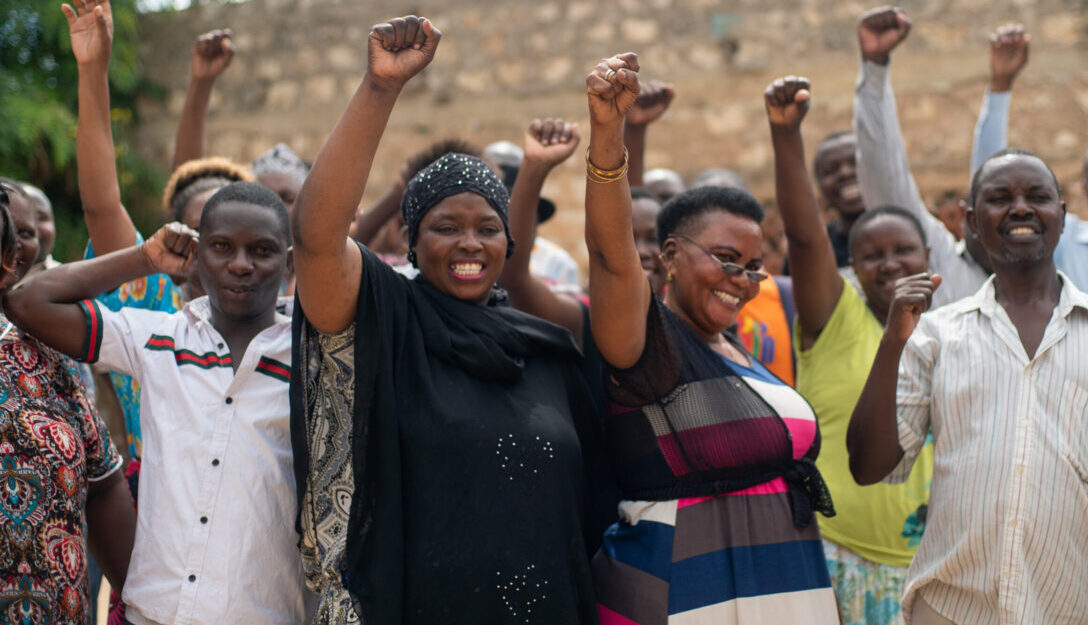
Grassroots activists don’t always make the front page. The steady, deliberate work of building civic power and defending human rights doesn’t make the evening news. But whether they’re winning drawn-out legal battles or sparking new conversations in their communities, the vital work of Fund grantees—this year and every year—is a welcome reminder that a better world is always possible.
In many ways, 2024 has been a challenging year for the human rights movement. Global conflict and instability dominated headlines. Summits on climate and biodiversity came and went without significant progress. And the assault on civil society continued to worsen—watchdog organization Civicus now reports that civic space is under severe attack in 116 of 198 countries and territories.
But beyond the headlines, grassroots activists inspire us every day with their resilience, determination, and vision. And in 2024, their tireless efforts continued to pay off—driving real change in their communities and showing us what hope in action looks like.
[READ: What Gives Us Hope for 2025]
So, as we look back on 2024, we’re taking time to appreciate the progress we made this year—and recognize the human rights defenders who made it possible.
From Mexico, where activists have led a yearslong campaign for accountability in a notorious mining disaster, to Kenya, where researchers unearthed stark evidence of government abuse, here are five human rights highlights you might have missed this year:
January
Independent researchers in Kenya published three landmark reports detailing human rights abuses by the Kenyan government and alarming threats to civic space.
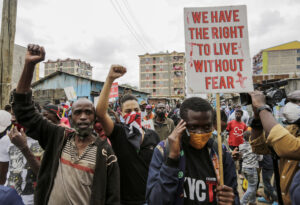
With support from the Fund, four Kenyan organizations—Article 19 Eastern Africa, HAKI Africa, the Kenyan ICT Action Network, and the Centre for Human Rights and Policy Studies—embarked on a critical joint project to examine how the Kenyan government has abused national security and counterterrorism laws to stifle civil society. The reports are part of a growing body of activist-led research supported by the Fund, which helps everyone from activists to allies understand the ongoing assault on civic freedoms.
May
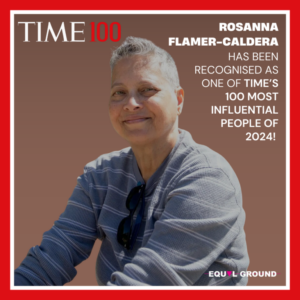
TIME Magazine honored three Fund grantee partners on its annual 100 Most Influential People list: Rosanna Flamer-Caldera (Sri Lanka), Julienne Lusenge (Democratic Republic of the Congo), and Frank Mugisha (Uganda).
All three exemplify the courageous and visionary spirit that drives grassroots human rights defenders around the world. TIME’s recognition of their influence not only affirms the importance of their work—it speaks to the vital power of community-led activism. We were thrilled to see their inspiring achievements reach a wider audience.
June
After years of strategic litigation by Fund grantee partner OFPC, the Mexican government announced a historic step toward justice and accountability for the 2006 Pasta de Conchos mine disaster.
Sixty-five miners were killed in an explosion at the Pasta de Conchos mine, which had a long history of poor safety and dire working conditions. Two Fund grantee partners—OFPC and Centro Prodh—have spent more than a decade seeking accountability and closure for the families of the miners who died. When the Mexican government announced in June that it had finally recovered the first bodies from the collapsed mining site, activists celebrated a historic step toward justice.
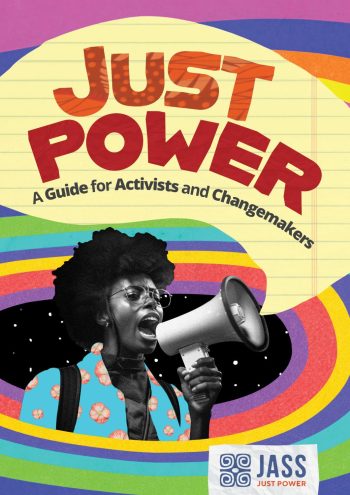
September
Former Fund grantee partner JASS (Just Associates) launched “Just Power: A Guide for Activists and Changemakers.”
The Just Power guide is a vital resource for activists, organizations, and movements that combines cutting-edge thinking and concepts with tried and tested strategies to help them navigate—and transform—increasingly hostile contexts. It also provides allies and donors with conceptual frameworks and analysis to help them understand what human rights defenders are facing and the support they need to thrive.
The guide draws on JASS’s decades of movement-building experience, with long-term support from the Fund’s Enabling Environments for Human Rights Defenders Program.
November
Philippe Ruvunangiza of Fund grantee partner BEST was awarded the prestigious Civil Courage Prize by the Train Foundation.
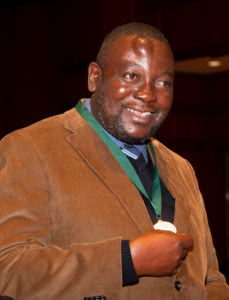
Philippe and his colleagues at BEST work with miners and mining-affected communities in the eastern Democratic Republic of the Congo—one of the poorest and most mineral-rich regions on the planet. Decades of conflict, corruption, and colonialist resource extraction have devastated local communities, who rely on exploitative transnational mining companies to make a living. Philippe advocates for safer working conditions, fair compensation, and countrywide standards for corporate social responsibility.
This much-deserved award isn’t just a win for Philippe. It’s a bold statement to companies who rely on Congolese resources that exploitation and abuse won’t be tolerated any longer.
Amid all the challenges and hardships of the past year, stories like these give us new hope. Because every day, grassroots activists are making constant progress—whether they are winning legal battles and high-profile campaigns, or by doing behind-the-scenes work like forging connections, building power, and working in their communities to improve lives. This slow, steady work might not make the news, but it is essential to sustained, long-term change.
So, as we look to the coming year, we’re filled with anticipation and excitement for the work ahead. Systemic change doesn’t happen overnight—it takes years of dedication and sustained effort to overcome entrenched injustice and inequality. But the awesome power of people-centered activism was on full display in 2024, and we can’t wait to see what 2025 brings.
For more stories like these, don’t forget to sign up for our newsletter and follow us on social media.
Sign up to our newsletter
Add some impact to your inbox.
By submitting this form, you accept that your data will be stored and processed in line with our Privacy Policy.


